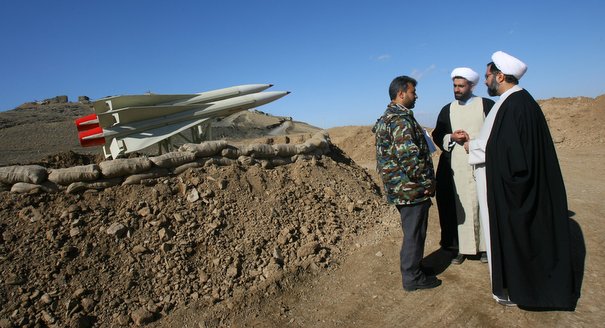In an attempt to understand the Islamic Republic of Iran—a regime that has bedeviled the United States since the 1979 revolution—U.S. analysts often invoke three historical analogies, comparing Iran to Red China, Nazi Germany, and the Soviet Union. While the Iranian government—an increasingly militarized theocracy—is sui generis, former U.S. diplomat George Kennan’s 1947 essay, “The Sources of Soviet Conduct,” reveals instructive behavioral parallels between the Iranian and Soviet regimes. A close reading of Kennan’s analysis suggests some key lessons current U.S. policy makers should consider in dealing with Iran, including:
- Iran’s revolutionaries are defined by what they are against, not what they are for, and rely on foreign threats to maintain their legitimacy. The Islamic Republic may make tactical offers of compromise, but its hostility toward the United States is strategic.
- Given that Iran’s regional strength derives from its political influence more than its military prowess, U.S. strategy should focus less on containing Tehran militarily and more on political measures to diminish the regional appeal of Iran and its client militias including Hamas and Hizbollah.
- While the ability of the United States to expedite positive political reform in Iran is limited, Washington can help constrain the Islamic Republic’s ability to repress and censor its population.
Kennan’s wisdom does not call on the United States to shun dialogue with Tehran, but merely to temper its expectations. Talking to Iran will not resolve the real, serious differences the United States has with the Islamic Republic, but given Iran’s influence on major U.S. foreign policy challenges—namely Iraq, Afghanistan, Arab-Israeli peace, terrorism, energy security, and nuclear proliferation—it can help mitigate the risk of escalation and misunderstanding.
In the process, Kennan would caution, the United States should remain “at all times cool and collected” until the Iranian regime is forced to change under the weight of its contradictions and economic malaise. “For no mystical, Messianic movement,” Kennan wrote in 1947, “can face frustration indefinitely without eventually adjusting itself one way or another to the logic of that state of affairs.”





